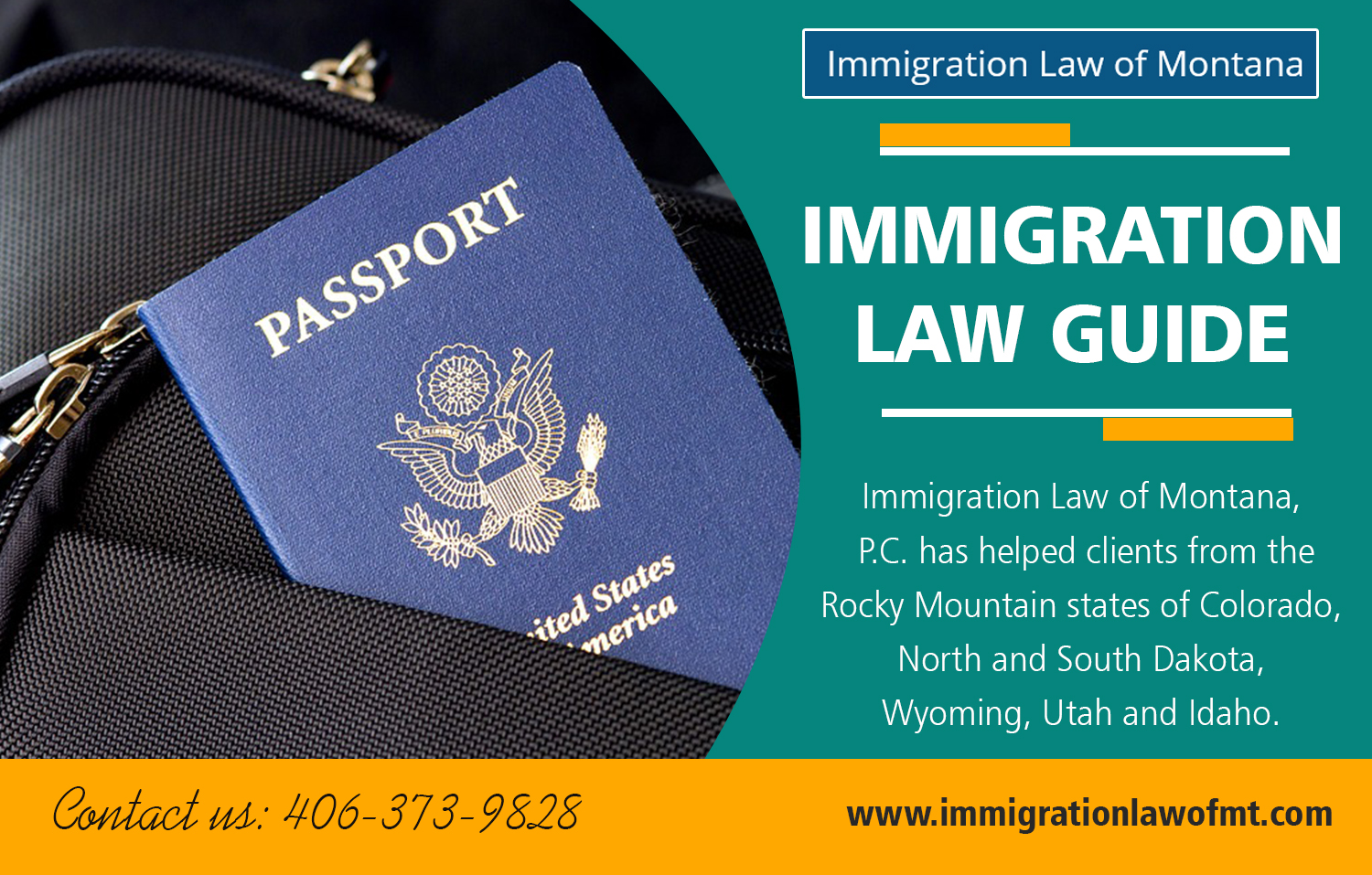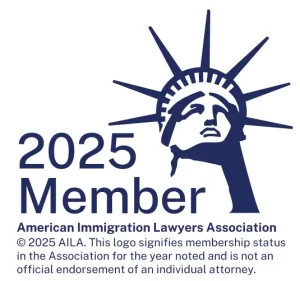Green card rules! What are they? Another way of describing this issue is to talk about what I need to do to maintain my green card. In other words maintain my lawful permanent residency status. This article describes Guide To Immigration Law and how you can do that from two perspectives.
First, what you need to do so that you do not lose your green card status. Second, what common issues can cause problems for your green card status? This article is part of our series on green cards. If you would rather get help now then read this article, please contact us.
How Long Can You Be Out Of The Country On A Green Card?
The title to this paragraph in the article introduces one of the most important aspects of maintaining your residency; don’t abandon your green card. If you speak with an experienced immigration lawyer he will tell you that the #1 reason for accidentally losing your status is staying out of the US too long. Green Card Application Process is quite simple and easy to be followed.
In fact, Google shows quite a few searches of the type, “ how long can you stay out of the United States with the green card?”The simplest answer to this question is six months. If you leave the United States and return within six months you will not jeopardize your green card.
You can stay out of the United States for more than six months and less than a year and you likely will not have any problem.As you reenter the United States from this longer stay, you may be questioned by Customs and Border Protection (CBP). Although CBP questions you, you should be successful in gaining entry to the United States. Process To Get A Green Card keeps on updating at regular intervals.
Staying Out of the United States For More Than One Year
If you stay out of the United States for more than one year, you risk CBP arguing that you have abandoned your lawful permanent residence in the United States. You can protect against this accusation by applying for and receiving a reentry permit. You may also be eligible to reenter the United States using a returning resident visa.
Green Card Rules Abandonment Residency Requirements
CBP may pressure you to sign USCIS form I-407 if you have stayed out of the US for too long. Agreeing to sign an I-407 relinquishes your lawful permanent residency status. In conjunction with this request that you give up your status, CBP will offer to admit you to the United States as a tourist. Sometimes CBP will present you with a choice: you either sign the I-407 and give up your status or they will place you in removal proceedings.
CBP, Entry and Form I-407, Record of Abandonment of Lawful Permanent Resident Status
Every immigration attorney will tell you the same thing. If you face this choice in entering the United States, refuse to sign the I-407 and let the CBP officer place you in proceedings. CBP will then admit you into the United States and you will continue to have evidence of your lawful permanent residency status. Once you enter the United States you can contact us to get advice on your next steps. There are various Us Work Visa Types which has different rules set for each and every one.
Miscellaneous Green Card Rules
Besides losing your green card through abandonment, sometimes lawful permanent residents lose or impair their status by running afoul of one of the rules about maintaining status. We discuss these various green card rules to make you aware of these issues. In this way you won’t accidentally lose your status.
Does USCIS Know Where You Are? Maintenance Of Address
Once you receive the lawful permanent residency card in the mail, a lot of LPRs think that their time dealing with the USCIS is over. Indeed it might be over. However, if USCIS wishes to contact you, it needs your current address. To make sure that it has that address, USCIS regulations, green card rules, require you to inform USCIS of your new address within 10 days of moving. Keeping USCIS informed is easy now that USCIS has provided a simple, online change of address form, AR-11. If you move, use this form to update your address.
Selective Service
A common way that males get into trouble with USCIS is failing to register for selective service. Selective service rules require every male between the ages of 19 and 25 to register. Lawful permanent residents often experience this as a problem if they should have registered, didn’t, and later apply for citizenship. If you fail to register, USCIS can view this as bad moral character, defeating your citizenship request. You can register for selective service here. If you have problems related to your failure to file, you can contact us.
Paying Uncle Sam
Before discussing the rules on filing a federal income tax return, it is important to note that our expertise is immigration not tax. If you have any questions about filing a tax return, you should speak with a qualified tax professional. Nonetheless, we can provide general information on this issue that you may find helpful. A lot of people do not understand that the United States has worldwide taxation. This means that if you earn money anywhere in the world, you must pay taxes in the United States on that income. If you live and work in the United States, this is generally not a problem.
However, if you work outside of the United States you may consider filing a nonresident tax return. Alternatively, you may file a return in the country in which you are working and neglect to file one for the United States. Either or both of these actions will cause trouble for your status.
Failure To File A Return Or Filing As a Nonresident
Why does failure to file a tax return or filing one as a nonresident cause trouble for you lawful permanent residency status? In both cases, you are telling the federal government that you are abandoning your status as a lawful permanent resident. By failing to file a return, you are telling the US government that your income is not subject to US taxation. By filing as a nonresident you are telling the government that you do not consider yourself a resident of the United States. These problems with failure to file or filing as nonresident also have consequences beyond abandonment.Us Non Immigrant Visa Types has separate rules and process for the applicant.
Many lawful permanent residents find out about these problems when filing for citizenship. In considering your application for citizenship through naturalization, the USCIS may question you about abandonment. In the worst case scenario, USCIS can even start removal proceedings against you.Besides questioning your status, the USCIS can also argue that you have bad moral character. The look back period for good moral character is 60 months. A failure to file or filing as a nonresident in this window will result in USCIS denying your application.
The last financial matter that this article should address with maintenance of status in mind is FBAR. What is FBAR? It is an acronym for Foreign Bank and financial Account Report. This provision of the IRS code requires lawful permanent residents to report any interest in any financial account not in the United States.
What Is FBAR And Why Should I Be Careful With My Foreign Bank Accounts
We simply want to alert you to this issue here. Discussing FBAR requirements is beyond the scope of this article. If you have, for example, foreign bank accounts we recommend reviewing the FBAR provisions and speaking with a qualified accountant or tax lawyer.
Claiming US Citizenship
Claiming that you are a United States citizen when you are not is a real problem for LPRs. Immigration regulations provide for placing you in removal proceedings for such a claim. Moreover, immigration law makes very little provision for waivers to mitigate the effects of such a claim. If Immigration and Customs Enforcement (ICE) prosecute you for such a claim, you may lose your lawful permanent resident status. ICE will also remove you from the United States.
In our experience, lawful permanent residents may make unknowing claims to US citizenship in two ways. First, ever since the Motor Voter law passed in 1993 state driving license bureaus may add you to the voter rolls when you apply for a driver’s license. Having your name on a voter roll in of itself does not create a problem for you. If you received a call from a political party or an advocacy group asking you to vote and telling you that it is okay to do so, and you vote, that is the problem. Only US citizens may vote. So by voting, you have made a false claim to US citizenship.
The second trap for the unwary lawful permanent resident is inadvertently claiming US citizenship is through employment verification eligibility. Federal law requires all new employees to confirm their eligibility for employment on form I-9. Sometimes an employer may assume that you are a US citizen because you provide a State driver’s license, and a Social Security card. It is important for you to review this form and make sure that the US Citizen box is not checked.
Don’t Commit a Crime
Perhaps the easiest way to maintain your lawful permanent residency status is to lead a crime-free life. Put another way, committing a crime can affect your immigration status as well as subjecting you to a criminal penalty. Some of this may be obvious in the sense that everyone may be aware that if you murder someone ICE will remove you from the United States after your sentence.
But, some of it is less obvious like a charge of shoplifting. If the police arrest you and charge you with a crime it is best to immediately consult an immigration attorney as well as a criminal defense lawyer. We can help you analyze any problem with your lawful permanent resident status if you are criminally charged and provide a solution. Please contact us.
How We Can Help
We understand and have experience with all the problems listed in this section regarding threats to your lawful permanent residency status. For example, we have helped lawful permanent residents preserve their status when ICE charges abandonment. If any of these issues affect you, please contact us.


